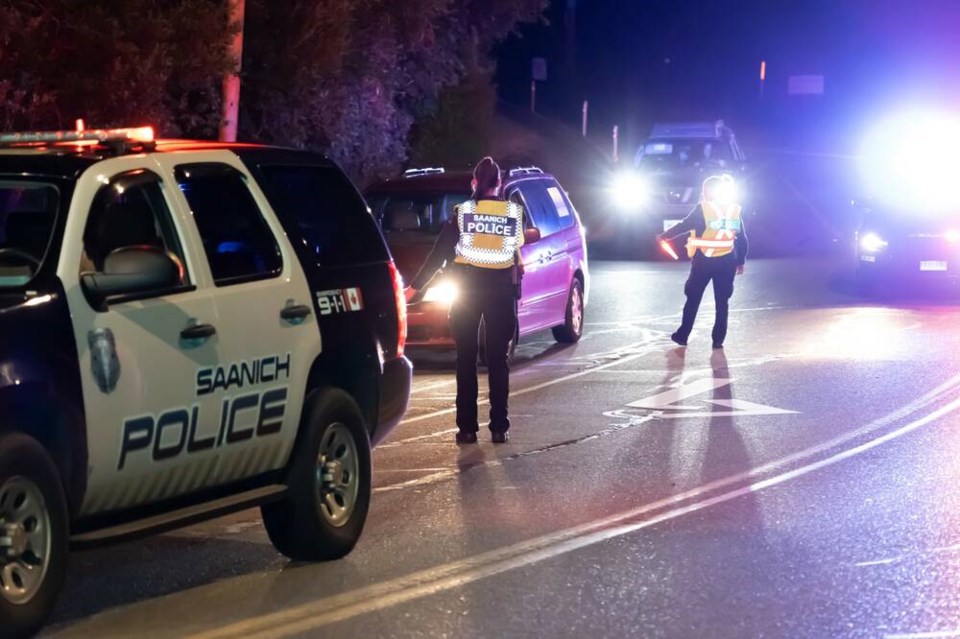Premier David Eby’s government has amended the Police Act to enable municipal police board members who are not mayors to become board chairs. Previously, city mayors automatically took on that role.
However, while this may seem a thoroughly democratic change, there is more to it than meets the eye.
There are 11 municipal police forces in ÎÚÑ»´«Ã½, including, ridiculously, four in Greater Victoria alone.
By law, the provincial government appoints all but two of the members of each board.
Evidently this gives the province a considerable influence over board decisions.
However, so long as the board chair was the municipality’s mayor, some degree of public input was preserved, since unlike the other members, the mayor is elected by the vote of local residents.
The assurance of that protection is now gone. The new chair of the Victoria and Esquimalt police board, Micayla Hayes, was not elected by the public. She was appointed to that board by the province.
That means, in effect, that the provincial government, through its appointees including the new chair, is effectively running the board.
This arrangement is not unique to ÎÚÑ»´«Ã½ The Manitoba government appoints all of the members of its police boards.
In Ontario, municipal police boards consist of an equal number of members appointed from municipal councils and by the province, plus one community member chosen by the council.
Nevertheless, the precedent here in ÎÚÑ»´«Ã½ is disturbing.
The impetus for change came from a committee appointed by the province to update the Police Act. While the committee’s report covers a great deal of ground, the unmistakable message is that the provincial government should take greater control of policing, province-wide.
That may, in part, explain the provincial government’s insistence that Surrey abandon plans to use the RCMP as its law enforcement agency, and instead install a municipal police board, which the province will control.
That changes were needed is apparent. Across the province, urban centres have become increasingly plagued by disorderly behaviour.
In Greater Victoria alone, there has been a marked increase in street violence, window breaking and shoplifting. Several stores have closed their doors.
Recently, three bus drivers were assaulted, and first responders to an overdose case on Pandora Avenue were swarmed by crowd of around 60 bystanders, one paramedic being kicked in the face.
So yes, there is a strong case for increasing the presence of law enforcement officers in urban neighbourhoods, a point repeatedly made by police chiefs.
Yet if that is what the province wanted, it need only have increased funding to municipalities. That it has chosen, instead, to increase its control of board decisions can only mean it intends to impose a policing strategy of its own.
That’s not something we should take lightly.
There’s a strong body of opinion in some policy circles, shared by Eby’s government, that offenders are better dealt with through treatment than incarceration.
Is that the intent behind this all-too visible power grab?
A better solution could be to have police boards become elected bodies, in the same way school boards are. It can certainly be argued that police forces play a role as important to their community as schools.
Indeed without adequate law enforcement, the other aspects of daily life are all too easily disrupted.
It might be argued that police boards require properly qualified members, which an open election would not guarantee.
Yet if school boards can be elected, and indeed provincial and federal governments, there is no reason to place police boards off limits.
What elections would do is give concerned citizens a voice in their own well-being, something they visibly lack as things stand.
>>> To comment on this article, write a letter to the editor: [email protected]



